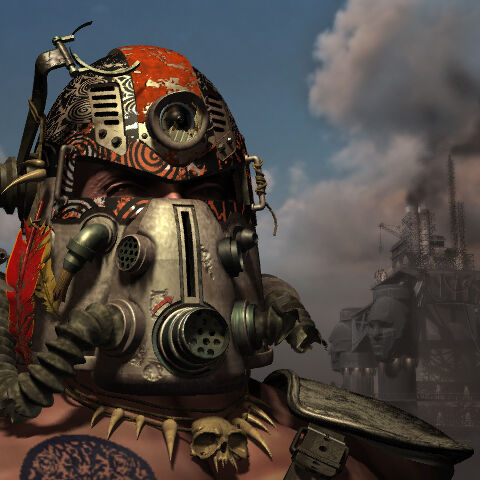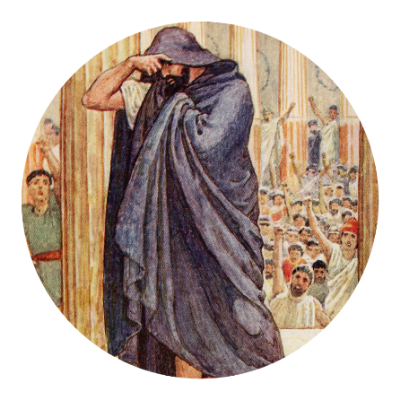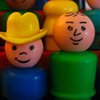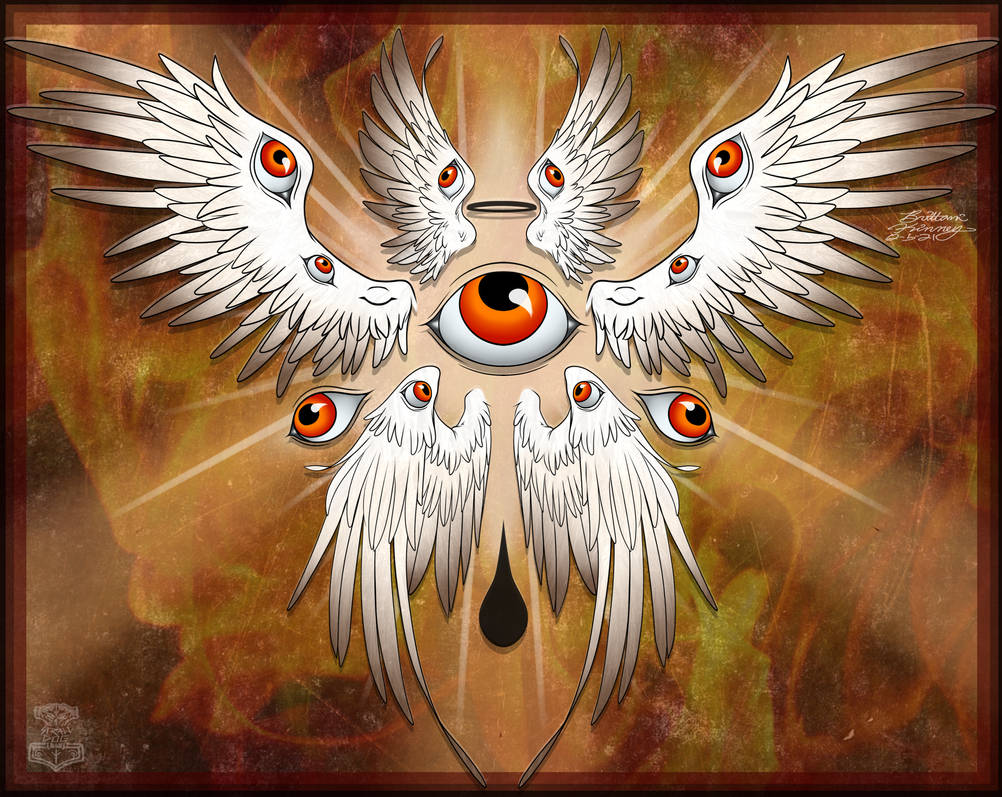I’m looking to get inspiration for my own writing. I need a hard sci fi series where earth (and earthlike worlds) are too rare, inaccessible, and/or previously spoiled beyond ability to sustain life. Bonus points if it is set on a multi-generational space station or starship without any other options and goes into detail about life support, living space, mineral mining and expansion of the station to accomodate a growing population, and daily life of it’s residents.
If anyone remembers Drifter Colonies from Titan A.E., that’s what’s in my head.
I’m looking for The Martian levels of realism, and I’m fine with a bit of “Unobtanium” clichés if they’re not core to the story.
“The Dark Beyond the Stars” by Frank Robinson might fit for you. It’s set on a generation ship that can’t find a good landing spot.
“And all the stars a stage” (1971) by James Blish is another one where human-like aliens escape the destruction of their home world in 30 ships just to wander the galaxy looking for a new home, running into one disaster after another as their attempts to settle on various worlds end in failure and lives lost, until they happen upon a tiny, blue-green world with the most hospitable climate imaginable… with only one ship and a handful of survivors left.
It’s a poignant story of endlings, and the extinction of one species at the civilizational dawn of another.
Completely different angle towards the question but Metro 2033 (and sequels) might be a good source of inspiration. Not space themed but there might be some elements that can be a source of inspiration.
It’s about a post nuclear war Moscow where to survive humanity has set up a series of interlinked communities in the underground metro tunnels. The book talks a lot about the daily life in the stations. One is known for growing mushrooms used in tea. One was burnt down leading the rest of the system to strictly control fires. Another gained a reputation as a capital like station because it’s entrance was next to a university and government building.
Not a true hard sci fi book (has things like irradiated mutants) but a lot of thought went into the logistics of living in the metro.
Frank Herberts “WorShip” (aka Pandora Sequence) series should fit the bill. At the very least the first two books, ‘Destination: Void’ and ‘The Jesus Incident’.
The basic premise goes something like:
Humanity shot off into space to find another planet to live on. To survive the journey serious advanced AI needs to be created. AI shenanigans ensue. Humans are dumped on a super hostile planet, highly unfit for human life. As one of humanities last lifelines the AI demands to be worshipped as a god.
Ohhhhh boy, I get to nerd out. OK, super short story; reading and chatting about The Expanse book series got me pointed towards the work of Alastair Reynolds. The early parts of his universes arch aren’t really relevant for your purposes, but in the latter books, how humanity survives on lifeless rocks, is exactly what you’re looking for. Plus, he’s a astrophysicist doctor, iirc, and it is quite quite good hard Sci Fi.
I finished Alastair Reynold’s Pushing Ice a few months ago and it’s kind of close to what OP is looking for. Also a really good book!
I love Alastair Reynolds
The Children of Time books by Adrian Tchaikovsky have a lot of those themes. Half of the first book is about an ark ship sent out to find a habitable planet because earth is dying. It spans hundreds of years as key crew members go in and out of hyper sleep. Relationships and political factions form and dissolve as the ageing ship continues its mission to find a new home.
The second book focuses on a terraforming crew that was sent to another star system to prepare a planet for humans. However, the planet’s ecology is so alien it proves very difficult to gain a foothold.
I’ll second this (though I’ve only read the first thus far). I don’t know that I’d consider it especially hard SciFi but it’s far from a space opera. I recall feeling like the justification for the creation of the arachnid race was a bit hand-wavey, but the level of thought put into their society more than made up for the required suspension of disbelief. Definitely one of my favorite books.
For something similar I’d also recommend Dragon’s Egg by Robert L. Forward. It’s about the discovery of intelligent life on a neutron star, who develop at a rate exponentially faster than humanity. Also not super hard SciFi, but a great exploration into truly alien life.
I really enjoyed the first and could not get into the second in the children of time series
There’s a third now, I need to read it still. I liked the second, though
I loved the first two, but I had a hard time getting through the third. It has interesting concepts but it takes a long time to make its point. Plot structure spoilers:
Spoiler
The main reveal should have happened half way through, not at the end.
Apologies for mobile formatting
It’s possible Just wasn’t the flavor I was looking for at the time. I’ll give another go at some point. I hear great things from people so it’s probably just send me a thing
You might want to check out Record of a Spaceborn Few by Becky Chambers. The book is about the people of the Exodus Fleet, a group of multi-generation ships that left Earth years ago. Even though the fleet eventually found other planets for them to live on, many are content to continue living out in space. It’s a neat little slice of life book about this community doing their part to keep these ships going.
Doesn’t quite fit the bill as there’s a planet eventually but Children of Time by Tchaikovsky is excellent and half the book follows a generation ship. The other half follows a successive evolution of uplifted spiders. It’s reasonably hard sci-fi not Martian levels of detail about the science but very well written and enjoyable. Could be worth a go for some inspiration.
The other half follows a successive evolution of uplifted spiders
This is the book I didn’t know I wanted to read until now.
It owns. Haven’t read the third one yet. Not even sure if it’s out but if it is it’s next on the list.
@Lemonparty cool I’ve been looking for a series.
It does a really good job of making you empathize with giant spiders. I can also recommend the audio book, very well done.
@Berttheduck awesome. I love relatable non-human characters that are genuinely alien not just crypto humans.
Maybe not “hard” enough for you (eg. it has absibles) but Becky Chambers’s Record of a Spaceborn Few is about life on a fleet of generation ships.
The Culture series novel, my favorite optimistic and hard sci fi that includes artificial intelligence (minds that have giant ships or habitats for bodies and humanoid avatars to interact with people).
They basically never live on planets because they are inefficient and “inelegant”. They live on gigantic ring orbitals that have a fraction of the mass of a planet but multiple times the surface area. No big take-off energy needed either. They also live on gigantic ships that endlessly cruise the milky way. Highly recommend!
Another thought about “colonizing planets” would be that it’s basically a form of genocide. Imagine someone had colonized earth half a billion years ago or just a few million years ago. Humanity would never have existed. Just stepping foot on a planet like they do on star trek is basically ecocide - with the introduction of completely foreign and possibly incredibly disruptive micro organisms. Besides the ethical aspect there would also be the loss of information - if you imagine a pristine planet to be a bio computer creating countless unique and new genetic variations and new forms of chemistry. Quite possible not something that can be covered with a computer. Or observing primitive planets as a source of entertainment. There are lots of reasons why outside of a few “home planets” advanced civilizations would never terraform existing biological systems, and would find artificial habitats far more efficient or practical.
Not quite what you’re after but I absolutely love Diaspora by Greg Egan.
It’s a different take on the same issues you’re asking about (not at first, but it’s not really a spoiler to say that it explores them whether or not it’s as necessary as your examples state), a take that leans more into different forms of existence rather than supporting our current existence in a different environment (but touches on aspects of that too, kind of). It’s mega-multi-generational while also not being that at all, depending on perspective.
Not quite what you’re after but I absolutely love Diaspora by Greg Egan.
Came here to say that it’s the BOOK OP is looking for , Moreover, it’s one of the authors present on the fediverse @[email protected]
I don’t know how the original version works, but in the French translation Francis Lustman made a real effort in building a coherent grammar with neo-pronoms which match very well the book tone, and is a great exercise.
However, Diaspora isn’t the most accessible Egan book. I mean, if you never heard about stuff like complex conjugate, or Penrose tiles you’ll struggle with some of the concept.
It was my first real Sci fi book haha. Definitely a struggle but I was hooked once I started grasping even a sense of what was going on in the conceptory at the beginning.
From there, I understood what I understood, and let the other concepts flow over me in a way. Sometimes they’d click once I was a few chapters deeper and something that was discussed earlier came into effect and I’d go back and re read, other things made more sense when I read the whole thing again years later.
Reading it, I definitely didn’t get the full intended effect that someone with more knowledge would have, but it still managed to stick with me for decades now and absolutely shaped my Sci fi tastes
Check out A Memory Called Empire by Arkady Martin and it’s sequel.
Great book (author’s last name is spelled Martine), but though a hunk of people are on a space station I don’t think it goes into as much detail on making that work as OP is asking for - at the time of the story they’d been there for generations.
Surprised no one has mentioned The Expanse series. A ton of world building in very different kinds of environments. Space stations, small ships, big ships, generation ships, asteroids, moons, planets.
The environments are well thought out in how the residents would need to adapt
It was the first thing I thought of but I thought Earth was still too viable for OP in the first few books, plus the science isn’t The Martian level hard.
Cibola Burn especially was really cool with the world building. Things that you don’t really hear of in other novels or even think of like the fact that alien plant life would be completely inedible to us are dealt with in detail.
The Mars series by Kim Stanley Robinson definitely fits the bill. The Ministry of the Future does too but it is more about the coming climate change disaster.
Love me some KSR.
His Mars series is my sci-fi Lord of the Rings.
John Varley’s 8 Worlds books (pre- and post-reboot) have had to colonize the rocks of the Solar system, tho they’re not that technical, and he rarely moves past the Moon. Also Gaea (Titan, Wizard, Demon) has an extremely alien habitat; there are other Gaea creatures, just the protagonist one is crazy but also Human-friendly.
Vernor Vinge’s A Deepness in the Sky is about life on STL, multi-generation starships.
Bruce Sterling’s Schismatrix is mostly set in habitats, asteroid mining, and Martian terraforming, but also a very alien hive.
- NEVER BORN. “You mean we all came from Earth?” said Nikolai, unbelieving.
“Yes,” the holo said kindly. “The first true settlers in space were born on Earth—produced by sexual means. Of course, hundred of years have passed since then. You are a Shaper. Shapers are never born.”
“Who lives on Earth now?”
“Human beings.”
“Ohhhh,” said Nikolai, his falling tones betraying a rapid loss of interest.
If you also accept TV series, Battlestar Galactica may interest you.
It deals with a small fleet of survivors desperately seeking a new home planet, who live in constant paranoia due to the enemy being able to plant sleeper agents within their crews. I remember they had to mine asteroids for fuel.











